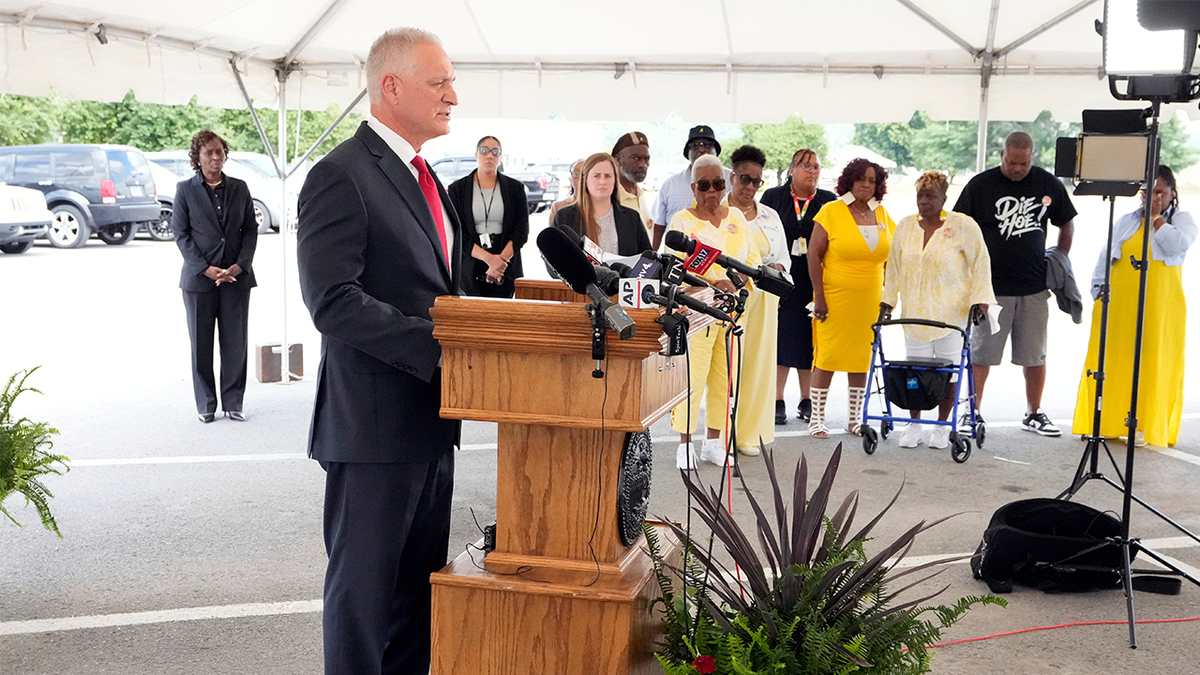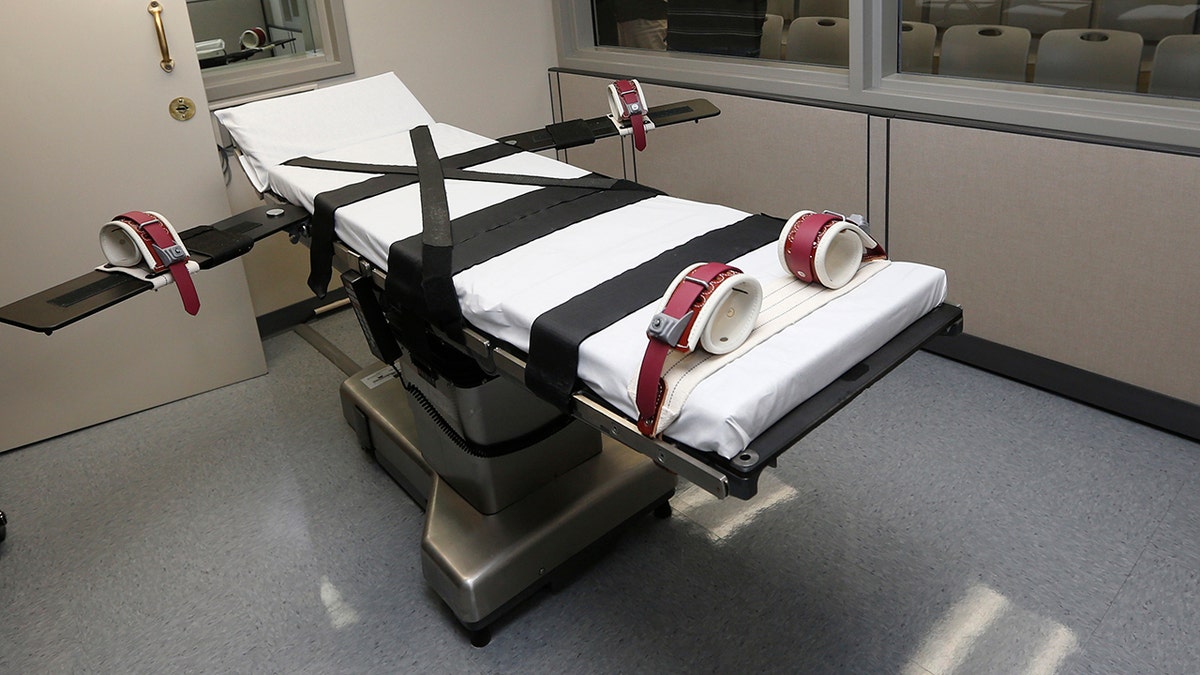Tennessee sued over limited access to executions as media demand transparency

NEWYou can now listen to Fox News articles!
A group of news outlets has sued Tennessee prison officials, claiming the state’s execution rules block journalists from fully witnessing lethal injections and conceal key moments from public scrutiny.
Under current procedures, reporters are only allowed to observe once the condemned inmate is already strapped to the gurney.
In their filing, the outlets argue the state’s protocol violates “the public and press’s statutory and constitutional rights to witness the entirety of executions,” saying Tennesseans deserve transparency from the moment an inmate enters the chamber until the official pronouncement of death.
The plaintiffs are seeking a judgment declaring the protocols unconstitutional and an injunction allowing reporters to see the full execution process.
SOUTH CAROLINA COURT MOVES FORWARD EXECUTION OF COP KILLER WHO SAYS MOST LAWS ARE UNCONSTITUTIONAL
The filing claims that the blackout “limits the public’s ability to receive information from independent observers” – effectively leaving executions shielded from outside scrutiny.
The defendants are Kenneth Nelsen, warden of Riverbend Maximum Security Institution in Nashville – which houses Tennessee’s execution chamber – and Frank Strada, commissioner of the Tennessee Department of Correction.
Reporters are kept behind blinds until the inmate is restrained and connected to IV lines. The exact timing of when lethal drugs are administered remains unknown, as the medical team operates from a separate room.
Once the inmate is pronounced dead, the warden announces on the intercom system that the sentence was carried out, and witnesses are instructed to leave.

The lawsuit argues that the First Amendment of both the U.S. Constitution and Tennessee Constitution guarantee the public’s right to see capital punishment carried out in full view – not behind partial secrecy. Tennessee law requires that certain witnesses – including seven members of the media – be present.
The plaintiffs cited the August execution of Byron Black, convicted of killing his girlfriend and her two young daughters in the 1980s. During Black’s execution, curtains in the witness room were only open for 10 minutes.
According to Black’s attorney, medical personnel had trouble finding veins in his arms, resulting in visible blood pooling on his right side. His attorney said it took 10 minutes just to attach the IV tubes.
Black reportedly told witnesses he was “hurting so bad” during his lethal injection.
ALABAMA DEATH ROW INMATE INSISTS INNOCENCE, URGES GOVERNOR TO MEET HIM BEFORE NITROGEN-GAS EXECUTION

“Make no mistake, we all saw with our own eyes that the pentobarbital did not work like the State’s expert testified that it would,” attorney Kelley Henry said in a statement at the time. “Mr. Black suffered.”
The lawsuit cites the state’s internal execution log and says media witnesses only saw fragments of the procedure – when blinds opened, when Black gave his final words, and when the view was cut off again.
The closed-circuit camera, the filing notes, is reserved for the execution team, not the press.
As a result, the lawsuit contends, reporters “had no access to that stage of the proceeding to independently report on it, leaving the public with no firsthand account from a neutral observer.
The Associated Press contributed to this report.
Read the full article here









